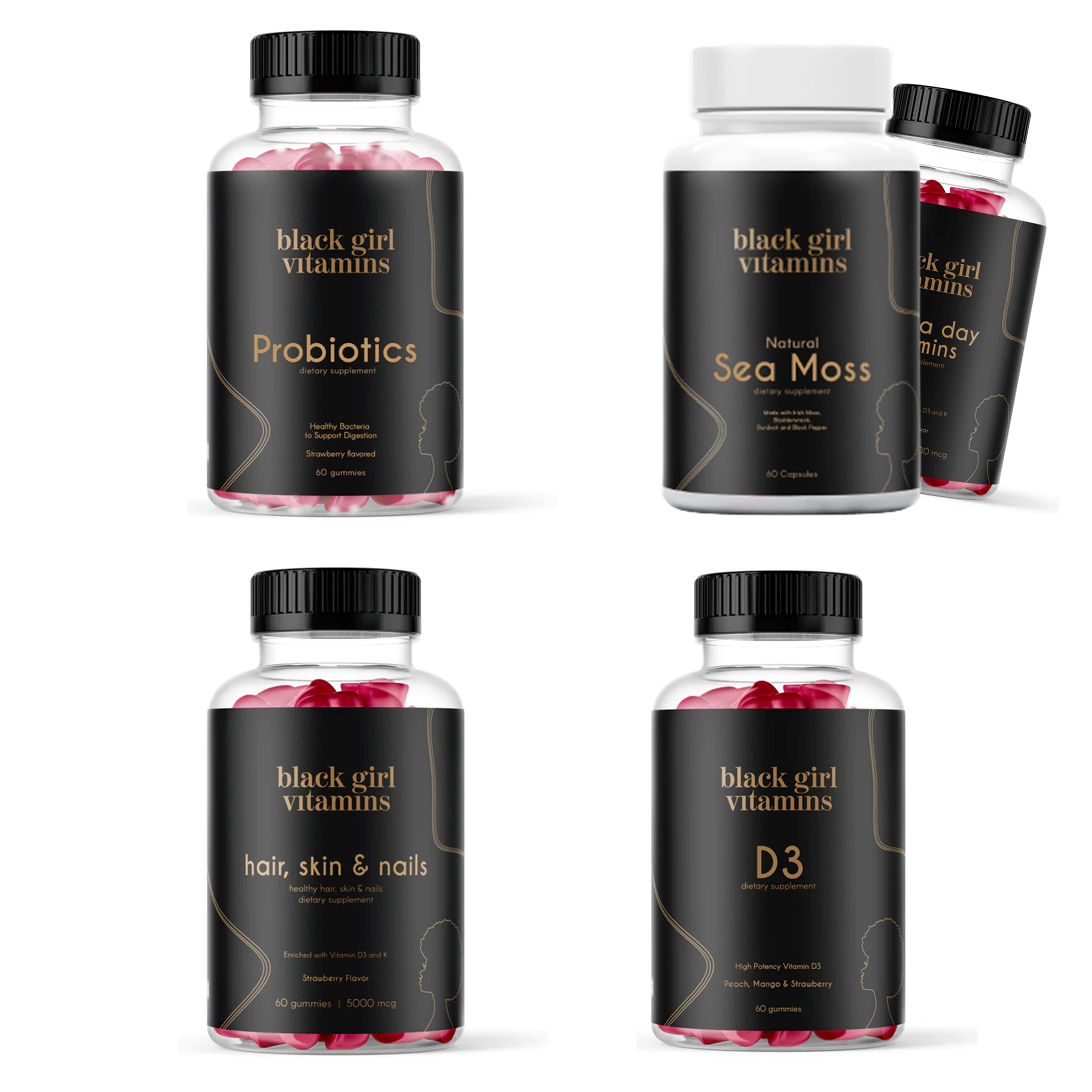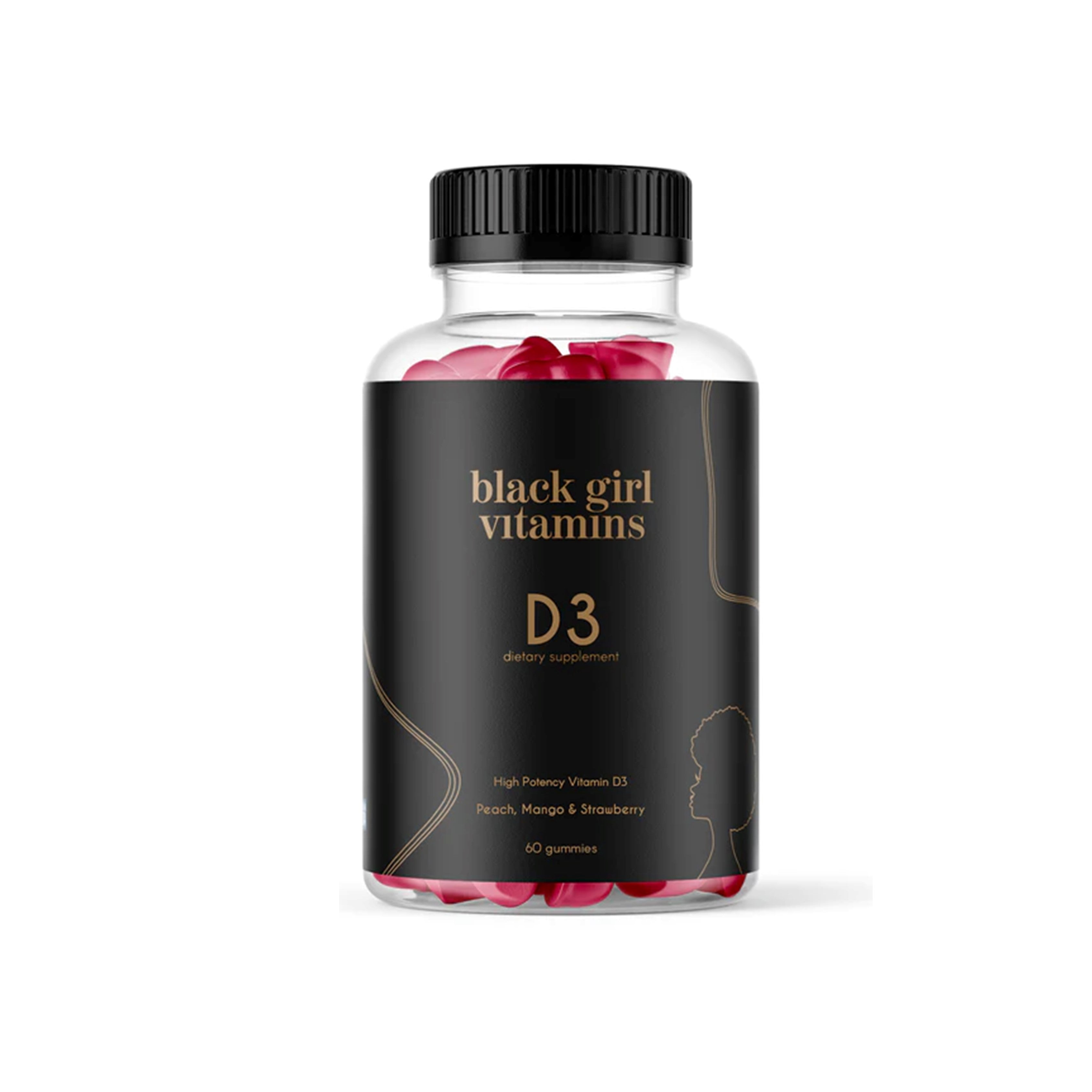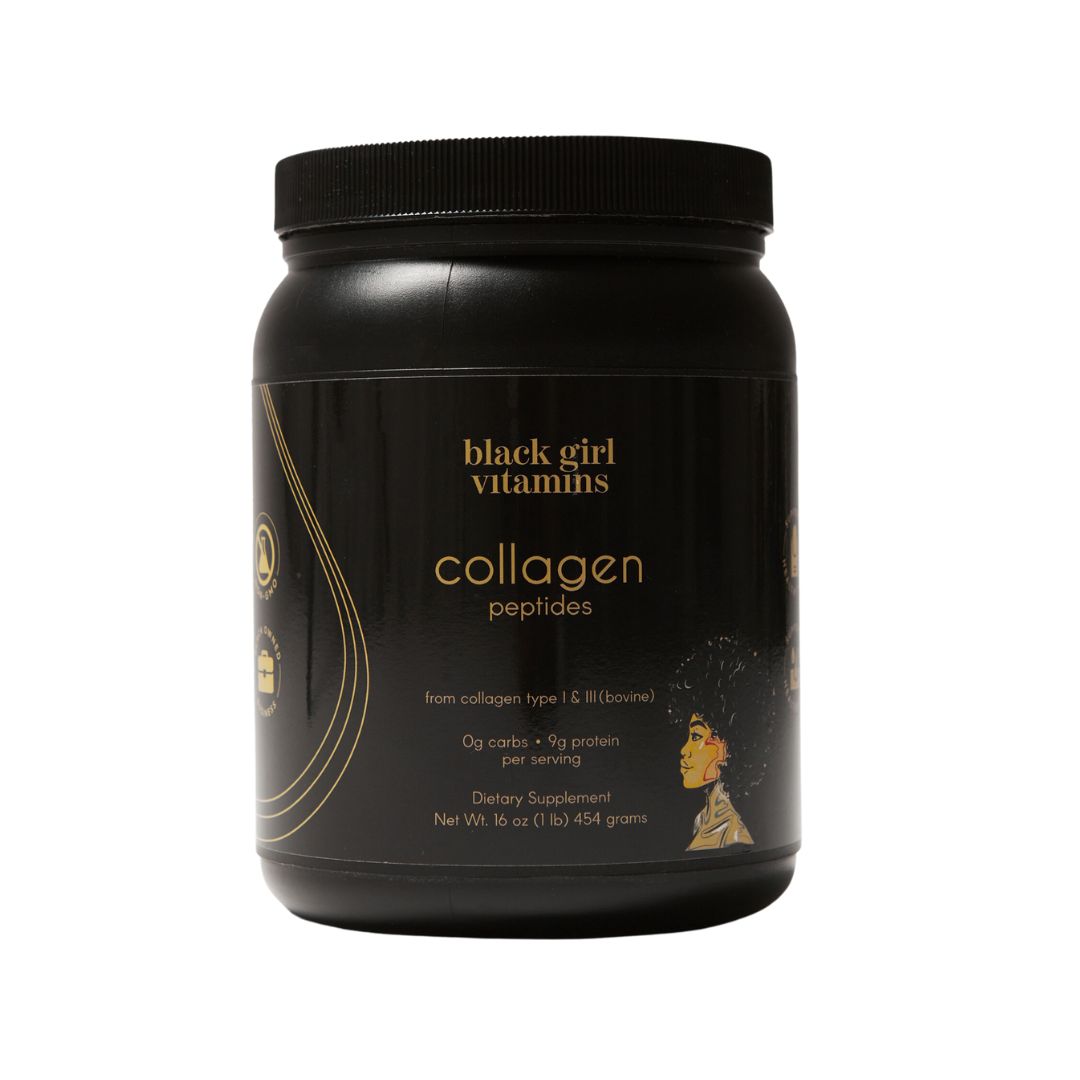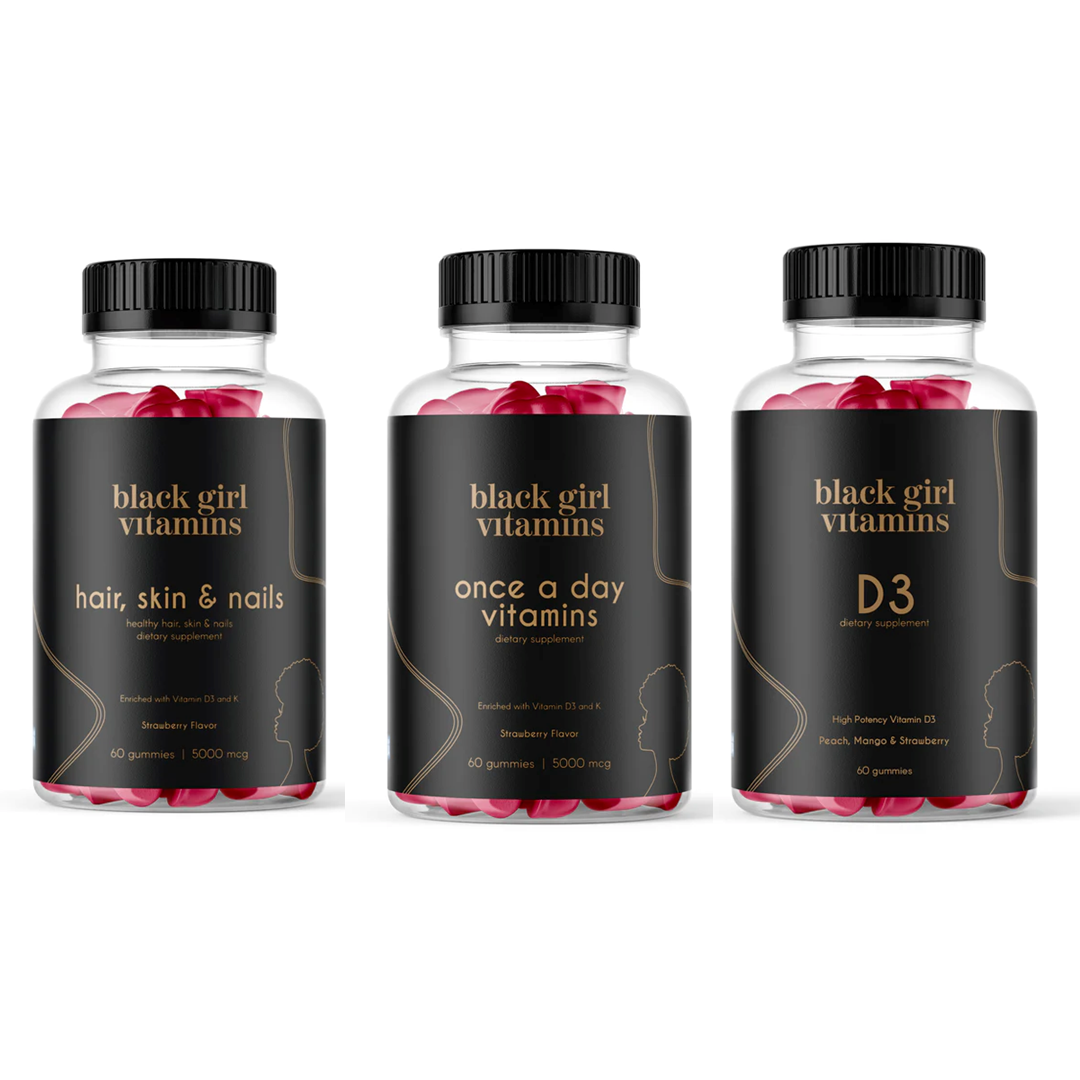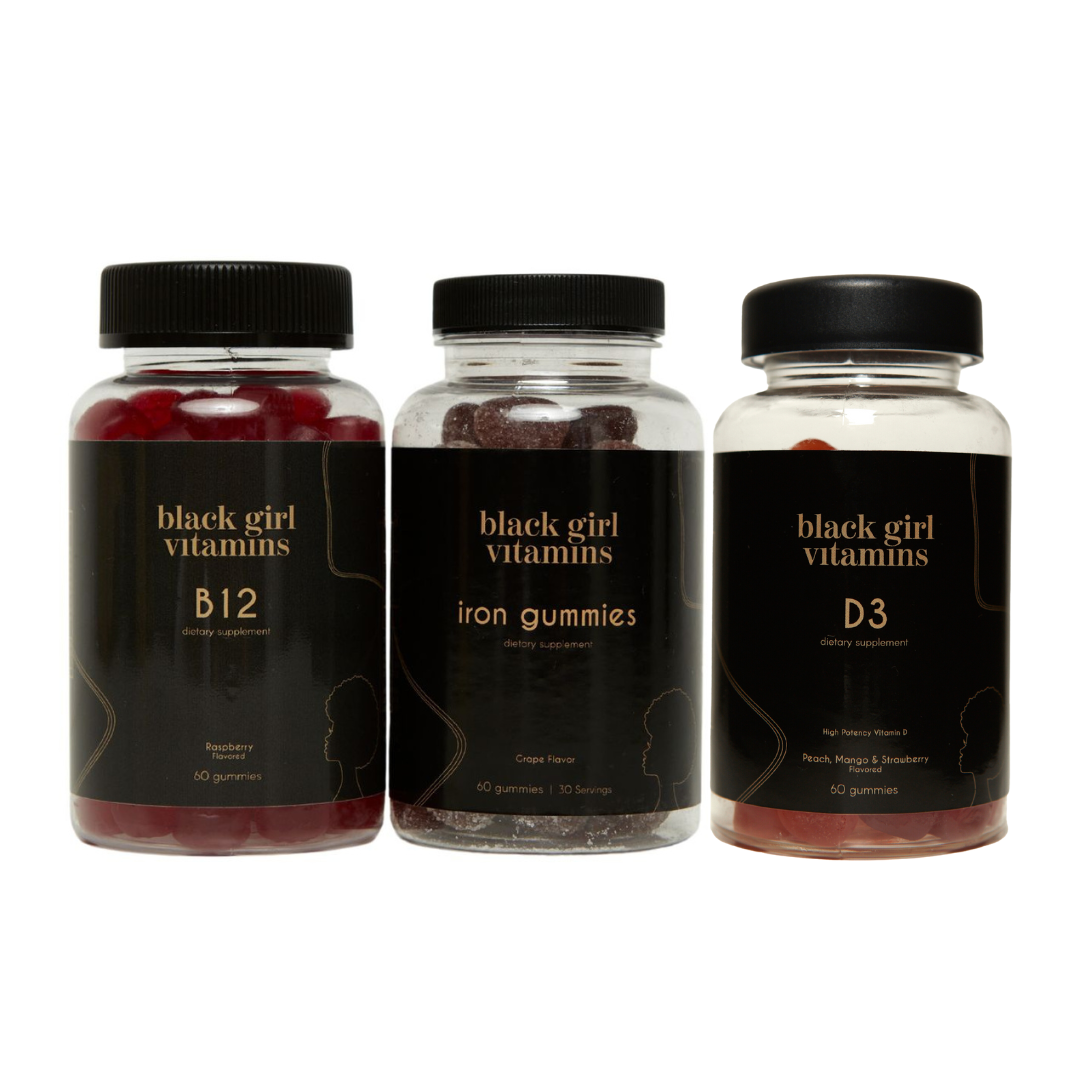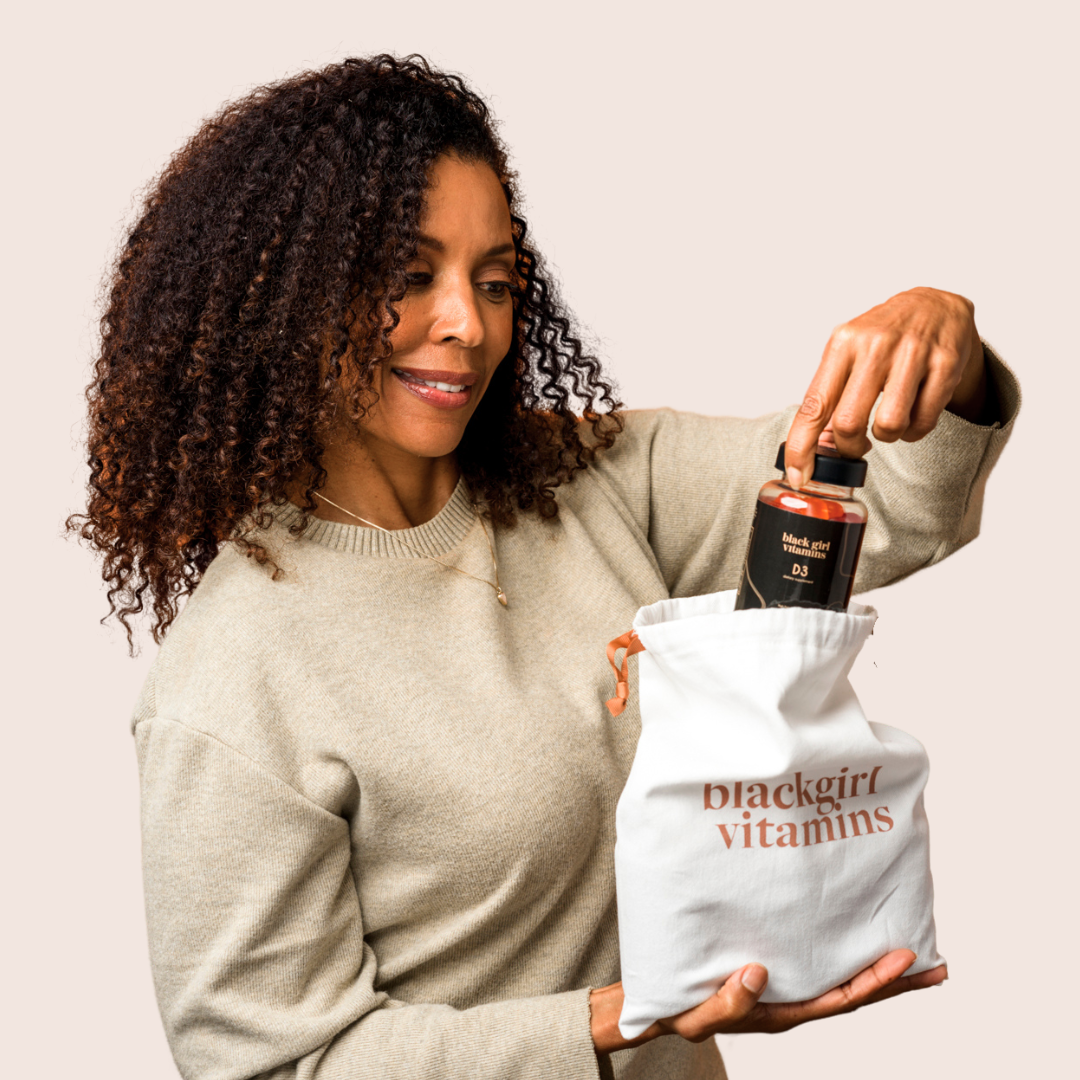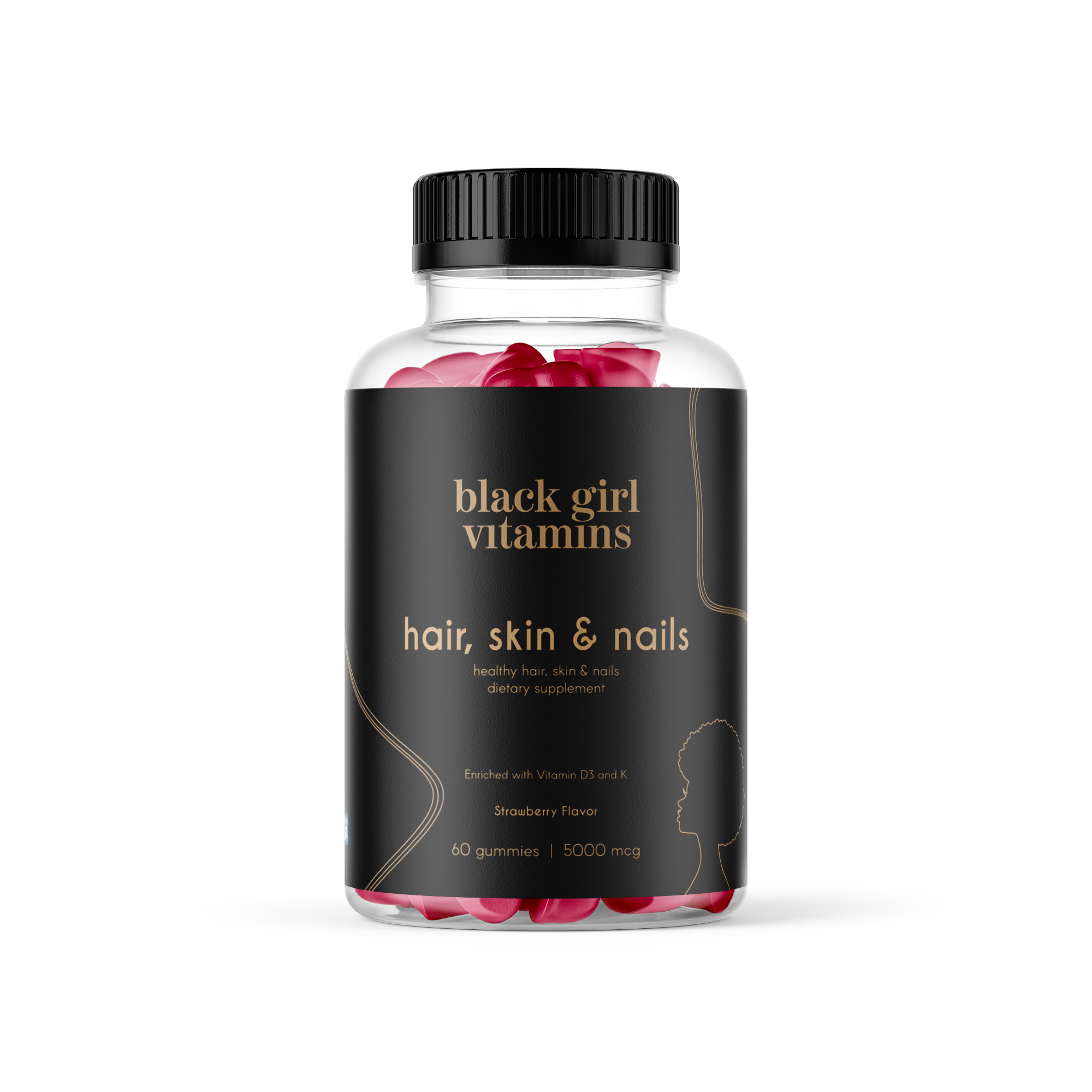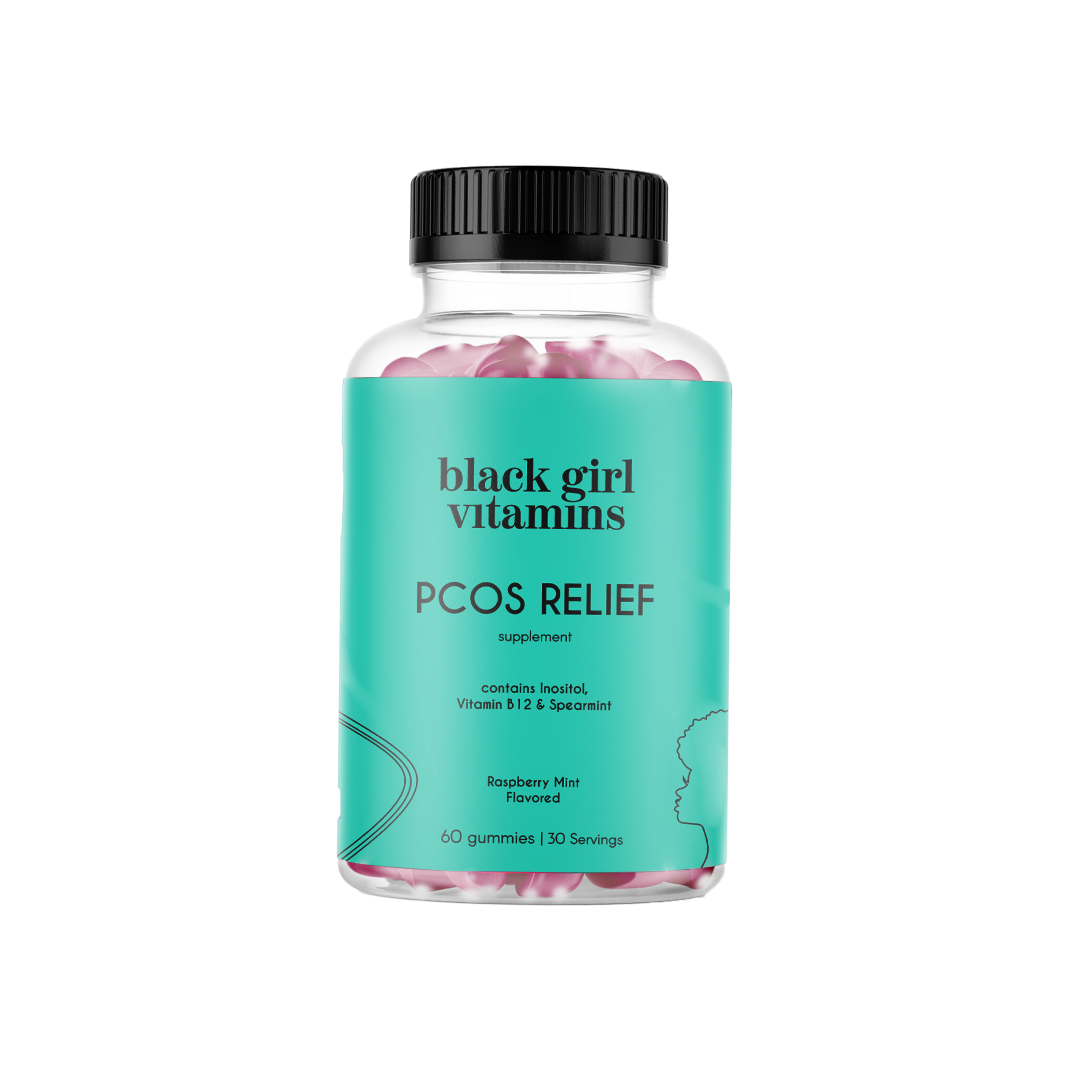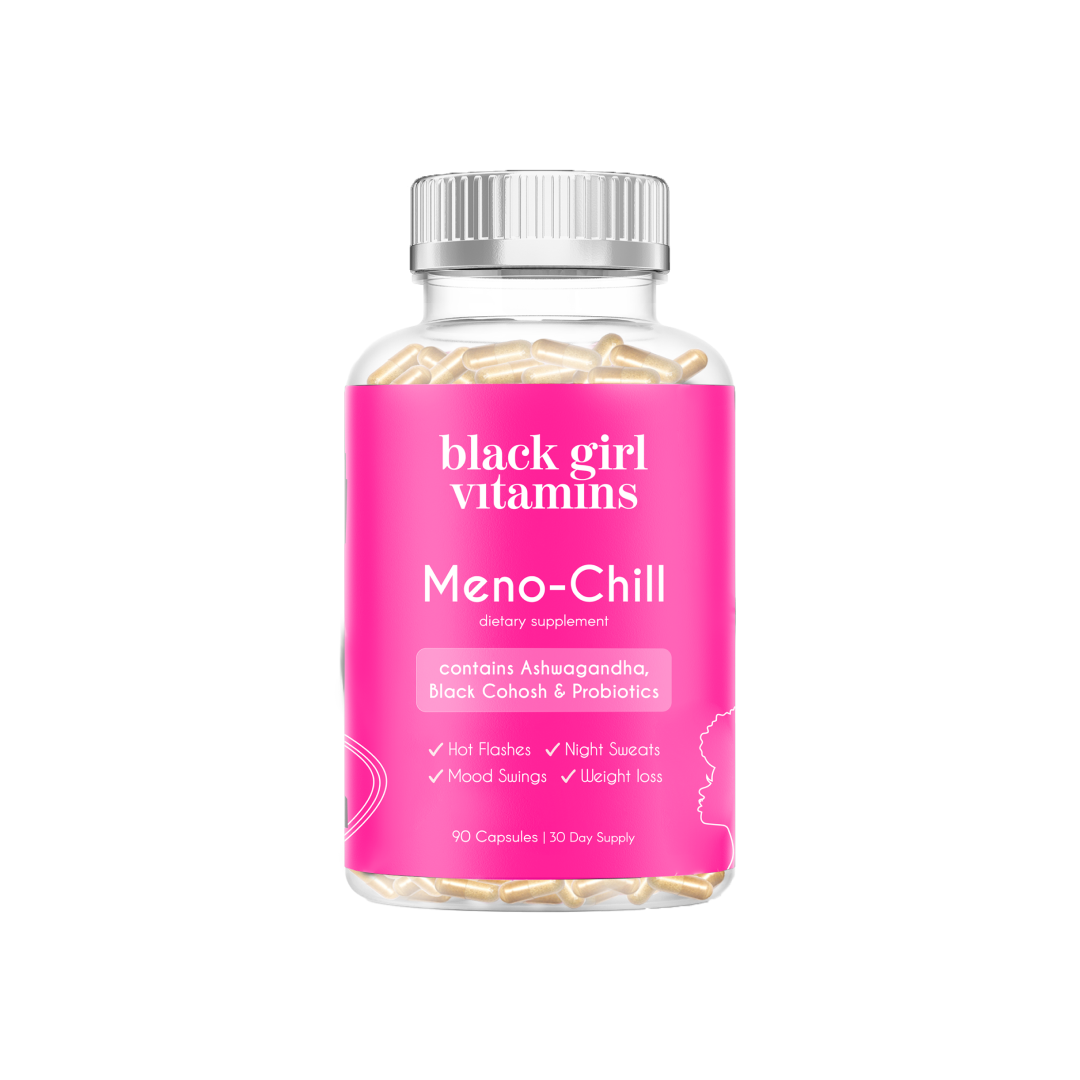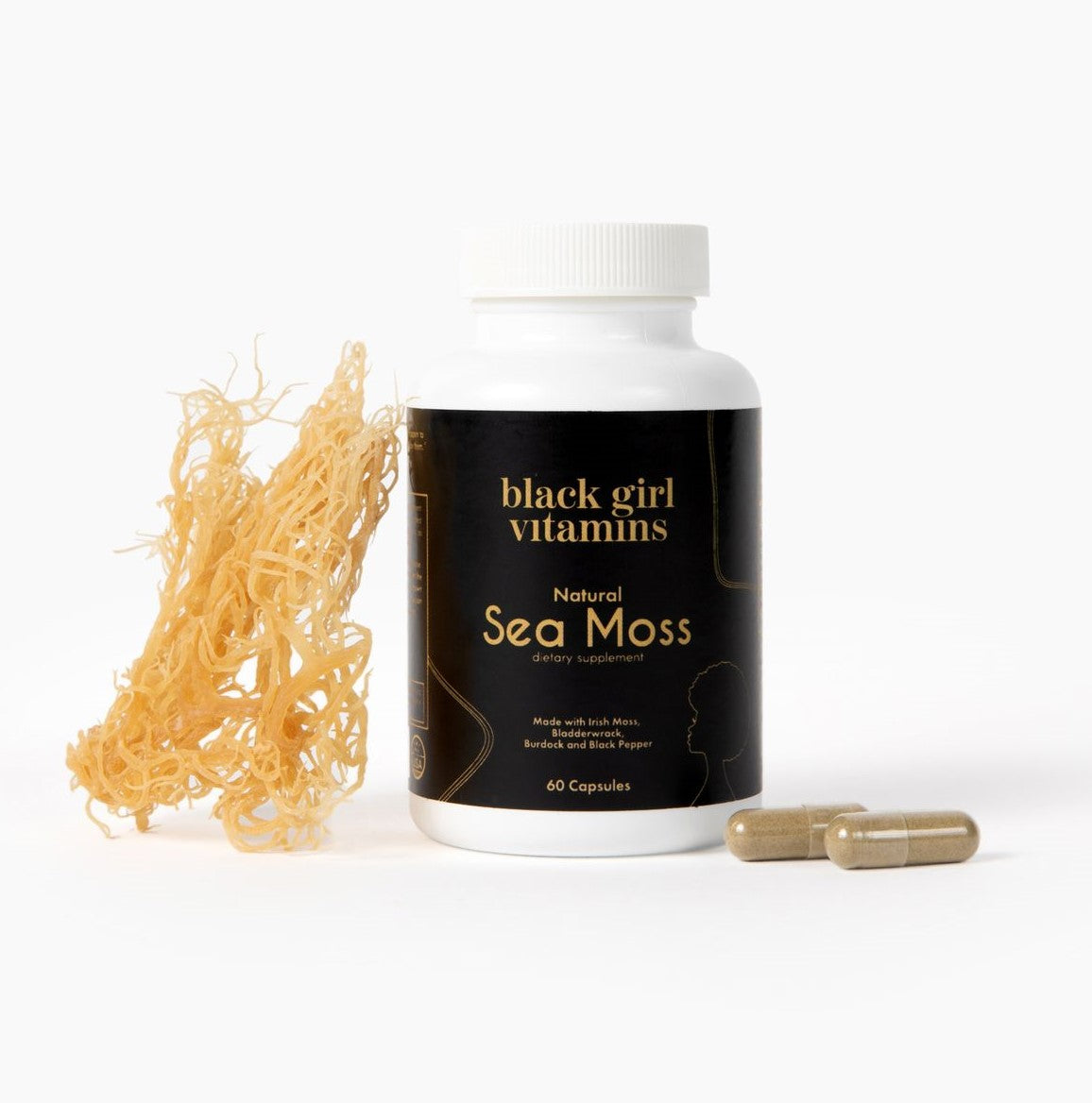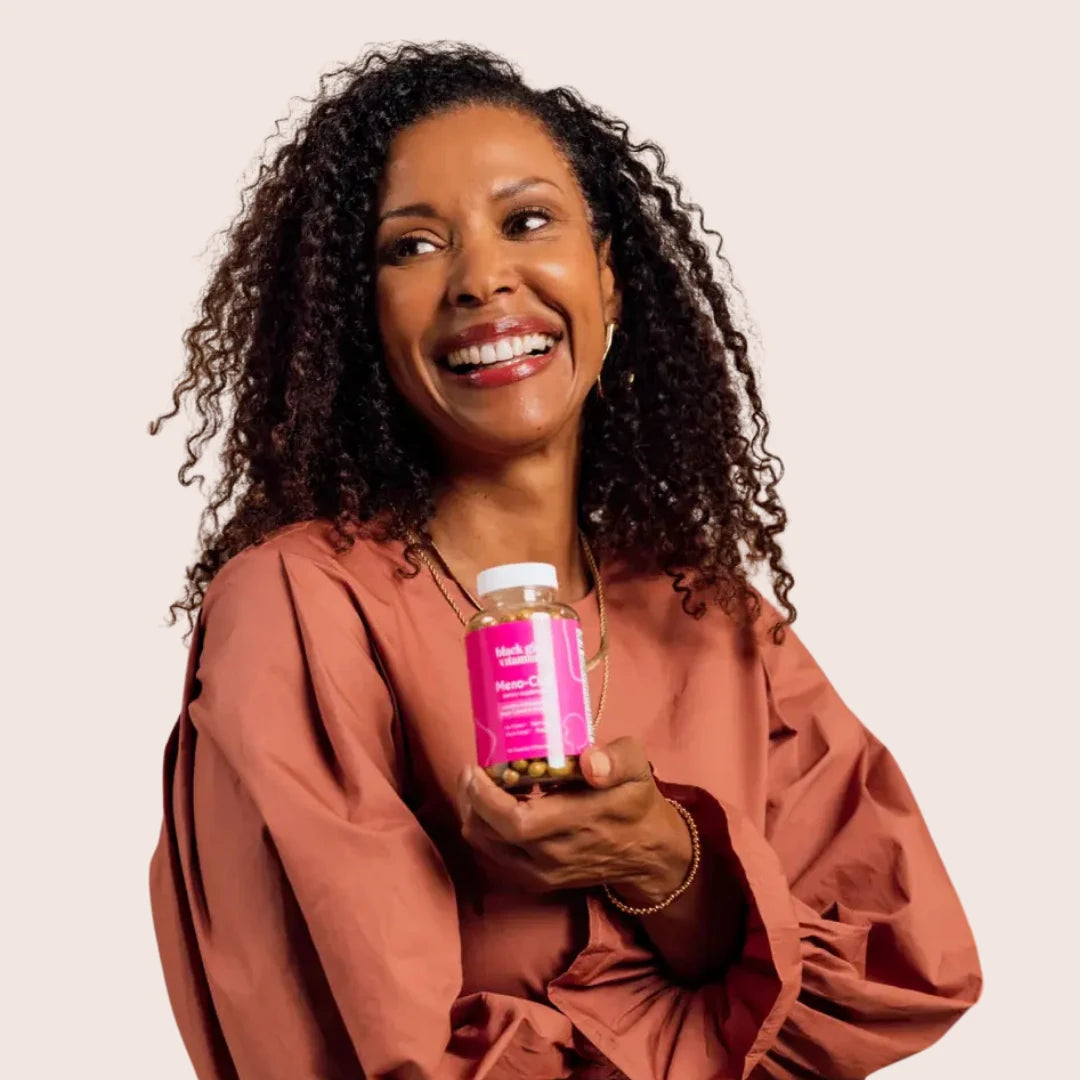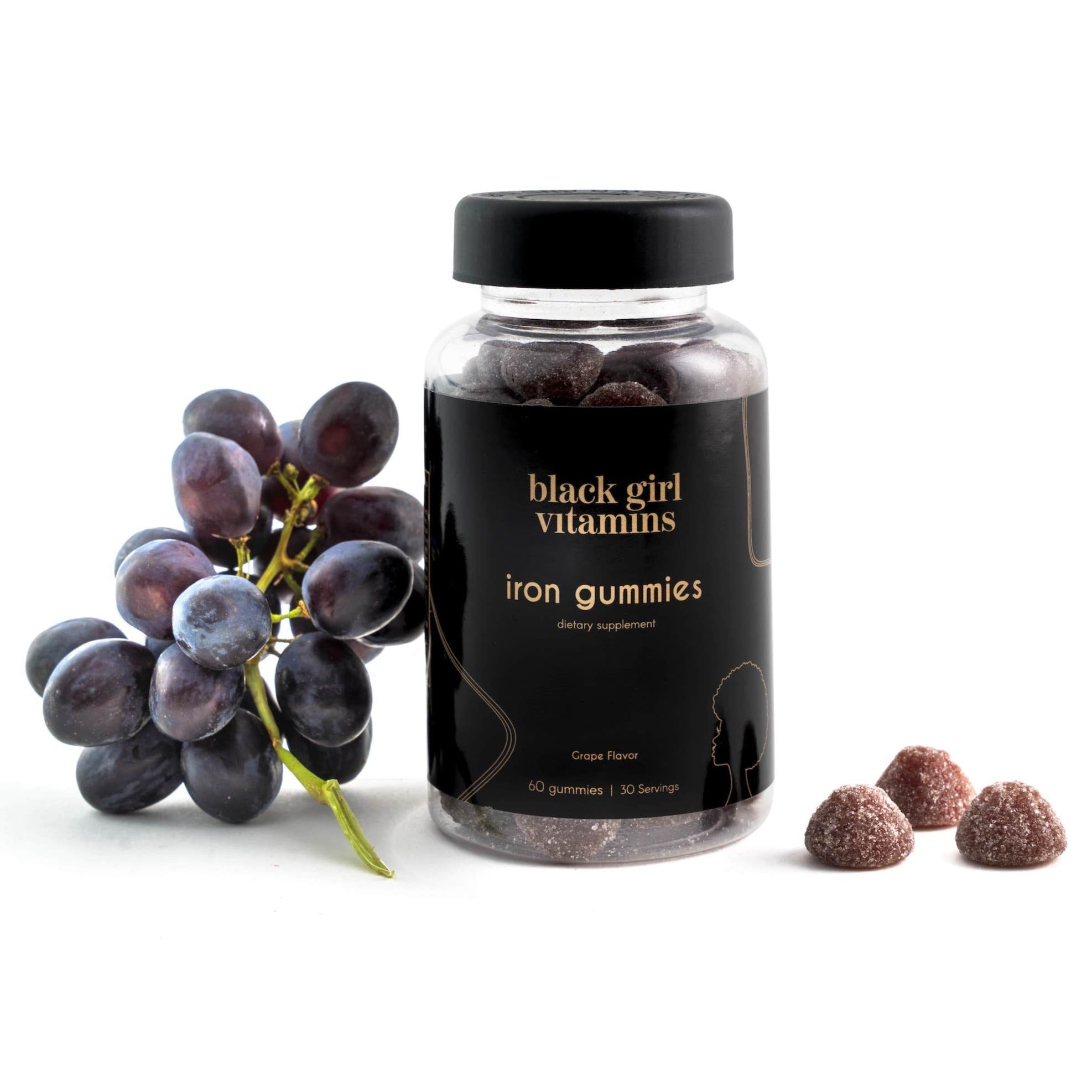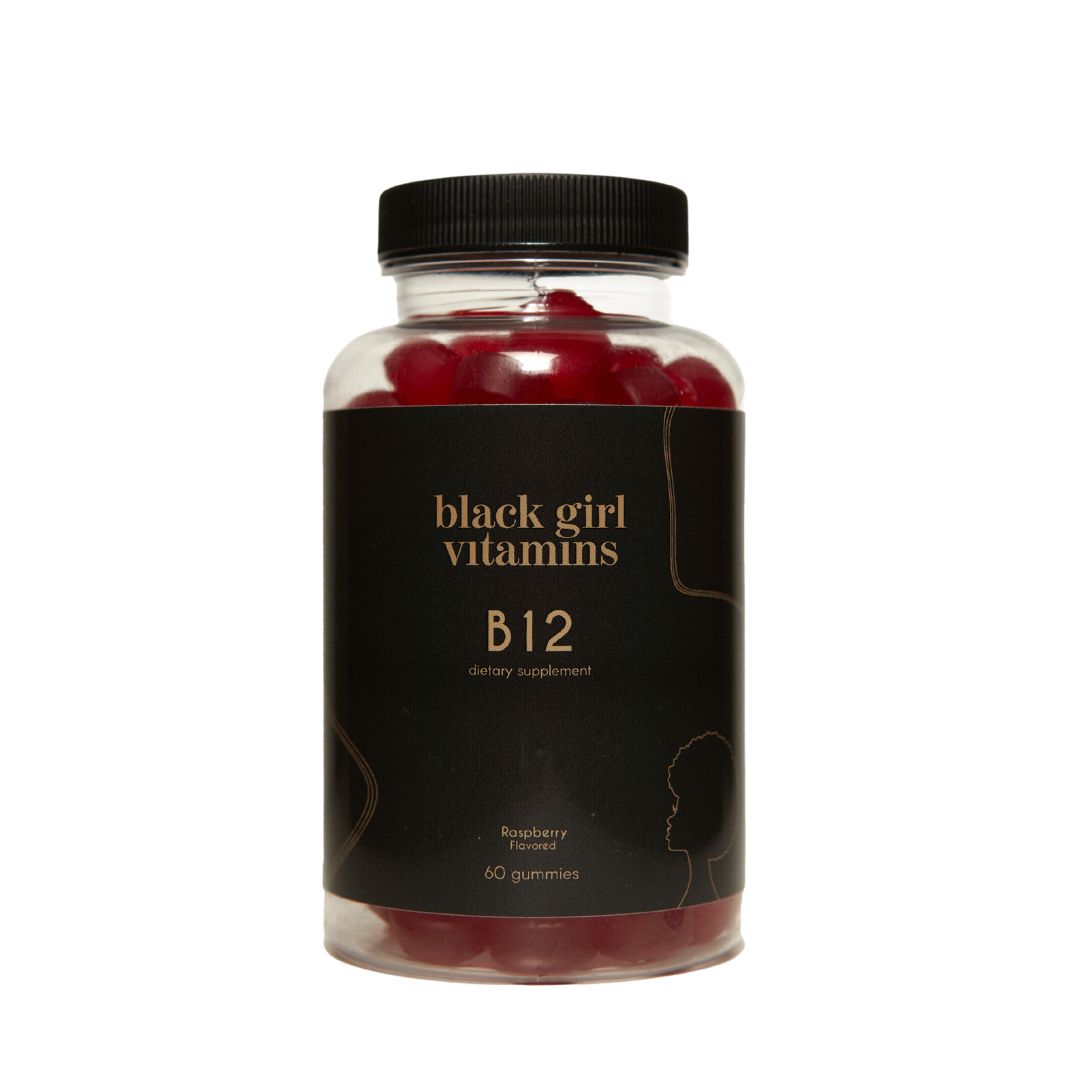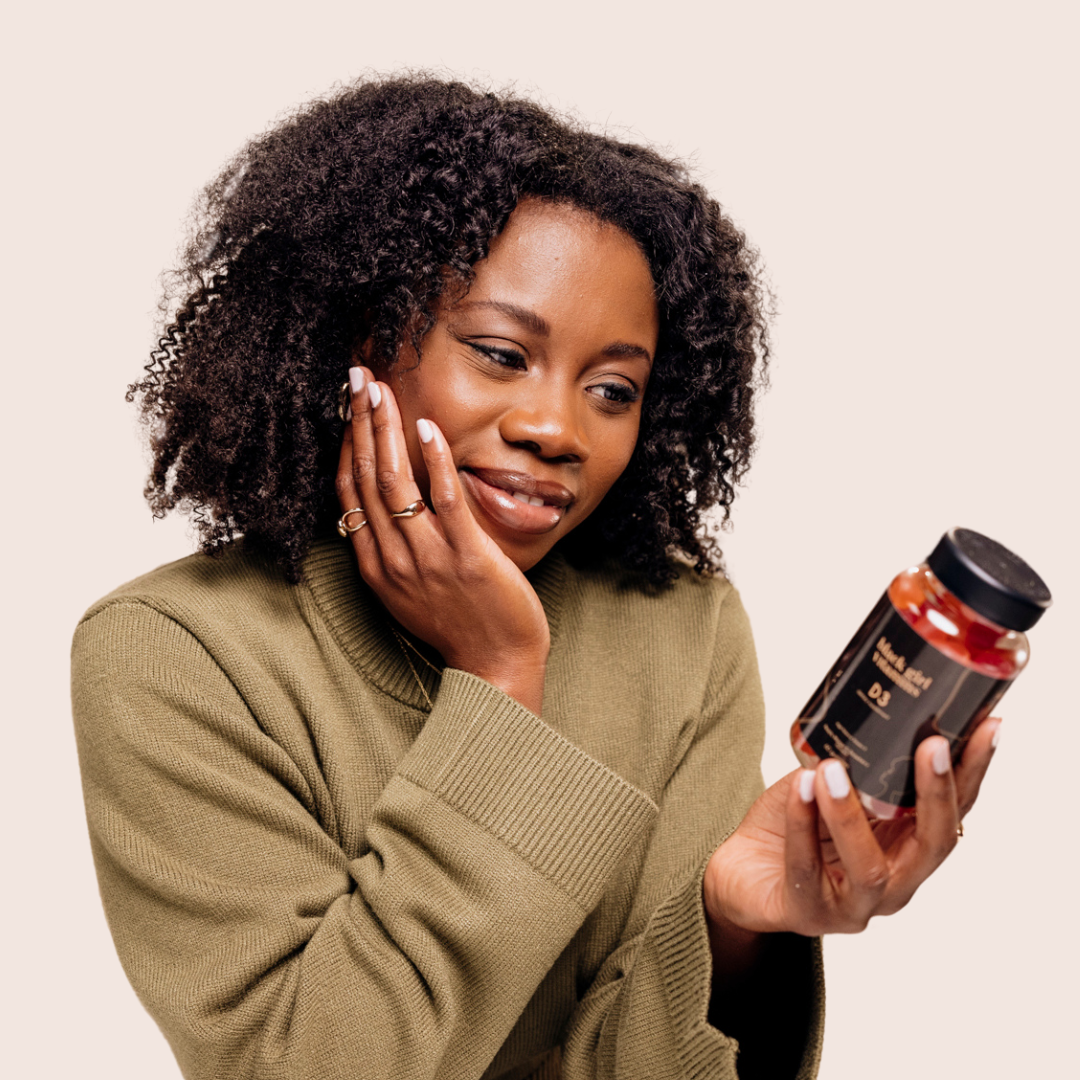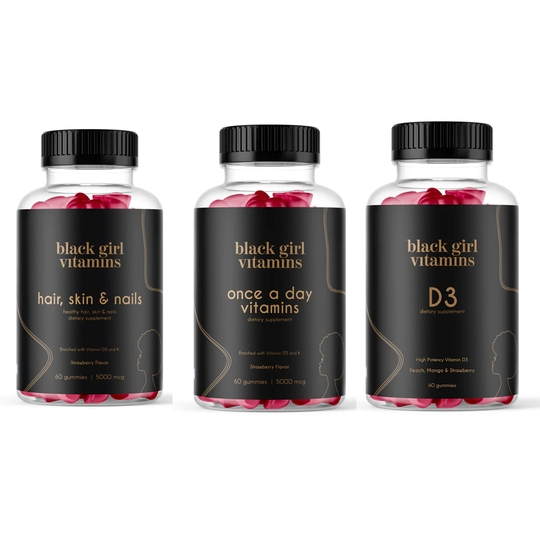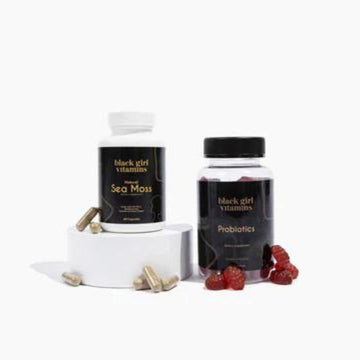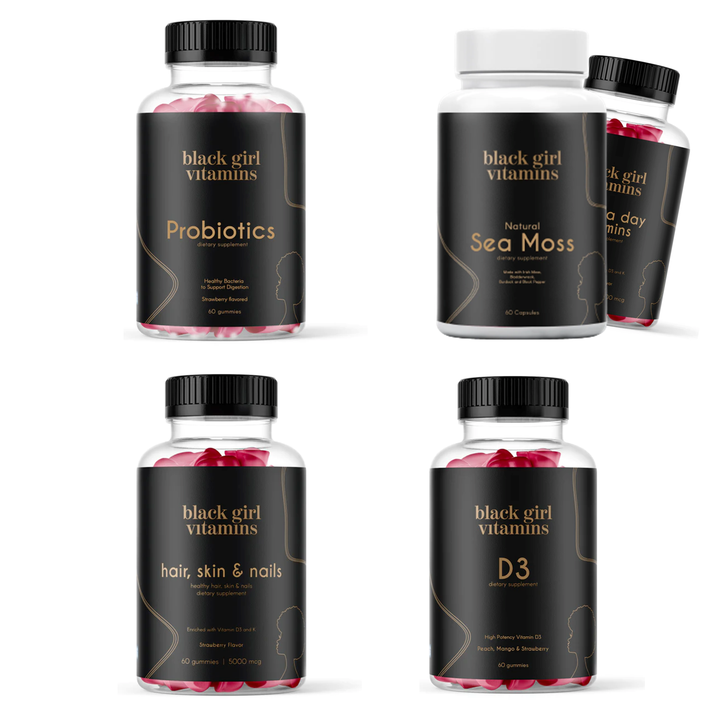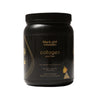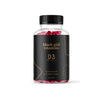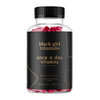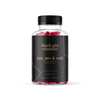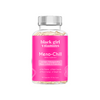Revitalize Your Passion: Increasing Female Libido
Reviewed By | Dr. Joyce Idehen - Family Medicine
BGV Medical Advisor
Has your libido or desire for sex dropped? If so, this can be caused by a variety of factors, including hormonal changes, mental health, medications, and various health conditions.
Even relationship issues or feeling emotionally disconnected from your partner can influence your interest in sex. To increase sexual interest successfully, it’s important to address both physical and emotional causes.
Is It Possible To Increase Female Libido Instantly?
If you’re wondering how to increase your libido instantly, you can try a few strategies that may provide quick results. The most immediate option is to stimulate sexual arousal and enhance blood flow through emotional connection and foreplay.
When you’re feeling disconnected, you may find focusing on your mental well-being by reducing stress through relaxation techniques or deep breathing can help you feel more present in the moment. Some women also find they can quickly increase their sexual interest by using natural aphrodisiacs or herbal supplements like maca.
Underlying vitamin deficiencies can also contribute to your reduced sex drive. Iron deficiencies or being too low in vitamin D can affect your energy and overall well-being, including your interest in physical intimacy. If you’re experiencing other menopause symptoms, you may consider Meno-Chill from Black Girl Vitamins, a supplement blend that addresses everything from hot flashes to libido.
You may also want to explore prescription medications, such as Addyi and Vyleesi, with your healthcare provider if you’re dealing with hypoactive sexual desire disorder (HSDD).
How To Increase Sex Drive During Menopause
Menopause is a natural stage of life, but the hormonal changes that come with it can play a significant role in your sex drive.
During menopause, your estrogen and testosterone levels decrease, leading to physical changes that can impact your sexual health. You may notice vaginal dryness and decreased vaginal lubrication, which can result in uncomfortable sex and reduced arousal. These physical symptoms, combined with the emotional challenges of aging, often lead to diminished libido.
You have several options you can consider when you want to increase your sex drive during menopause. One popular treatment for balancing estrogen levels and improving sexual function is hormone therapy. You may also consider using lubricants to address vaginal dryness and discomfort during sexual activity.
Both physical and mental factors support desire and libido, so it’s important to take a holistic view of your sexual health. Supporting your mental health and maintaining a positive body image will be crucial as you age. The role of your emotional well-being in your sexual desire cannot be overstated.
What Medical Treatments Are Available for Low Female Libido?
If your sexual desire has been in decline for a while, you may be wondering if you should seek medical advice.
When low libido has started to affect your well-being and relationships, it could suggest a deeper issue, such as female sexual dysfunction. Thyroid disorders, mental health challenges such as anxiety and depression, and high blood pressure can reduce sexual interest. Talking to your healthcare provider can help you decide if medical treatments are appropriate.
There are several medications available to treat low libido in women. Flibanserin (Addyi) and bremelanotide (Vyleesi) are both FDA-approved treatments for hypoactive sexual desire disorder (HSDD) in premenopausal women. These medications work by restoring hormonal balance and increasing sexual interest. Unlike Viagra, these treatments focus on increasing libido rather than physical arousal.
Another option you may consider is hormone therapy if your reduced libido is due to a decrease in estrogen levels. Supplements and natural treatments, such as maca, may offer other forms of support, but it’s important to consult with your doctor first. A sex therapist can also help address emotional or relationship factors that can contribute to a low libido.
Consulting with a pelvic floor physical therapist may be beneficial if you're experiencing a prolapse or having painful sex which could contribute to low libido.
Can Lifestyle Changes Support Your Sex Drive?
One of the most effective ways to naturally enhance your libido is to improve your overall health. Physical health is closely tied to desire, so engaging in regular exercise is important to have a positive chain reaction.
Exercise will improve blood flow, which is essential for sexual arousal, and also support your cardiovascular health, which is important for maintaining an active sex life.
Eating a balanced diet rich in nutrients can support your energy levels and, in turn, your sexual health. Some research indicates that making dietary changes can improve sexual health. Avoiding too much alcohol and managing your stress can also have a positive effect.
Stress, body image issues, and unresolved relationship problems can also decrease your sex drive. Supporting your emotional well-being and relationship health will also be crucial. Maintaining open communication with your partner can help you address emotional disconnects that may affect your desire. Mindfulness and relaxation techniques can also make you feel more present and connected.
Remember to also prioritize your mental health through activities such as therapy or self-care, as your emotional state can also impact your libido.
Maintain a Healthy Sex Life As You Age
It’s normal to experience changes in your sexual health as you age. When your hormones fluctuate due to menopause, pregnancy, or even menstrual cycles, it can change your level of sexual interest.
Staying active and addressing physical symptoms, such as vaginal dryness or decreased libido, with the right supplements or treatments can help you continue to enjoy intimacy. Prioritizing your overall wellness, both physical and emotional, will help your sex life remain satisfying as you age.
Sources:
Natural Aphrodisiacs - a Review of Selected Sexual Enhancers | ScienceDirect
How High Blood Pressure Can Affect Your Sex Life | American Heart Association
Dietary Approaches to Women’s Sexual and Reproductive Health | National Library of Medicine




